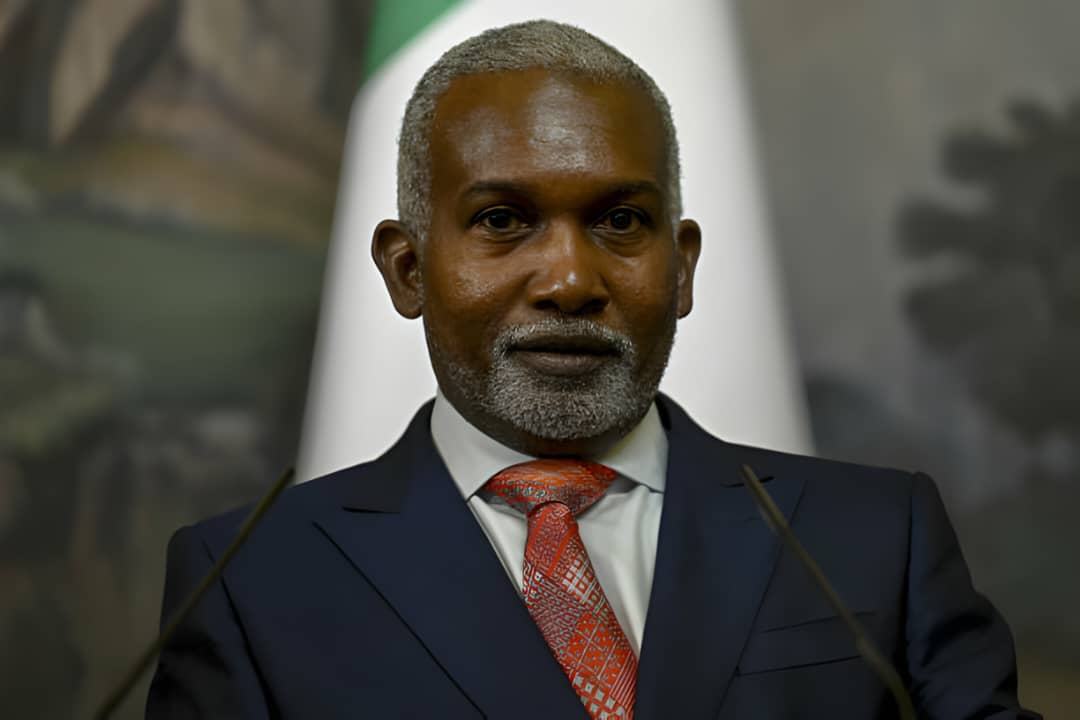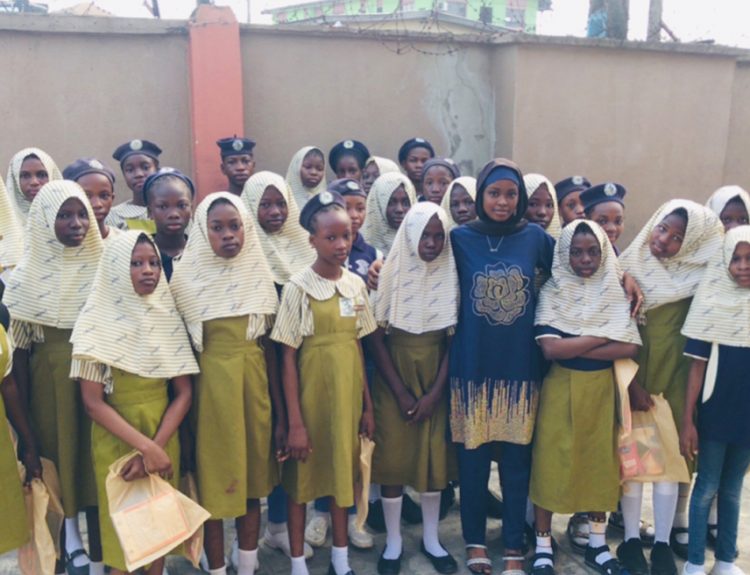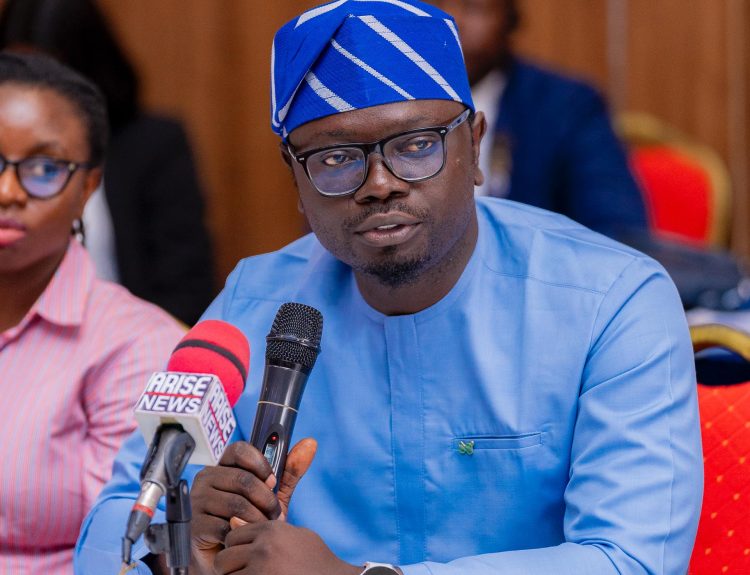The Federal Government has raised concerns over the growing menace of cyber-slavery across parts of West Africa, warning that the crime trend is increasingly targeting vulnerable Nigerian youths.
Minister of Foreign Affairs, Yusuf Tuggar, sounded the alarm in a statement issued on Monday through the ministry’s spokesperson, Kimiebi Ebienfa. Tuggar described the situation as alarming, revealing that young Nigerians, including underage teenagers, are being trafficked under the guise of foreign job opportunities, particularly in crypto-related businesses.
“In reality, these individuals are trafficked into sophisticated scam operations and forced to work in criminal call centres, often referred to as 419 cyber-scam factories,” the minister said.
He explained that victims are held under coercive and inhumane conditions and made to send thousands of fraudulent emails, text messages, and calls daily, all aimed at defrauding unsuspecting victims across the world.
Tuggar referenced a recent case in Ghana where the Economic and Organised Crime Office in Accra rescued and detained a group of Nigerians who were trapped in such cybercrime rings. The minister said the case underscores the level of exploitation and abuse tied to the operations of these so-called scam factories.
Meanwhile, in a separate development, the Nigerian Union South Africa (NUSA) has decried yet another violent attack on Nigerians in the Gauteng Province. According to the union, seven Nigerians were assaulted and one, Ani Silas, was kidnapped last Thursday in the Springs area.
NUSA’s National Publicity Secretary, Akindele Olunloyo, said in a statement that Silas was beaten unconscious and abducted from his workplace by an employee of a South African television station. The incident reportedly involved the station’s media crew, private security operatives, and members of the South African Police Service (SAPS) Crime Prevention Unit attached to the Springs Police Station.
Both incidents highlight the growing risks faced by Nigerians within and outside the country—from digital exploitation to physical violence—and have reignited calls for stronger government intervention and international collaboration to protect citizens.














